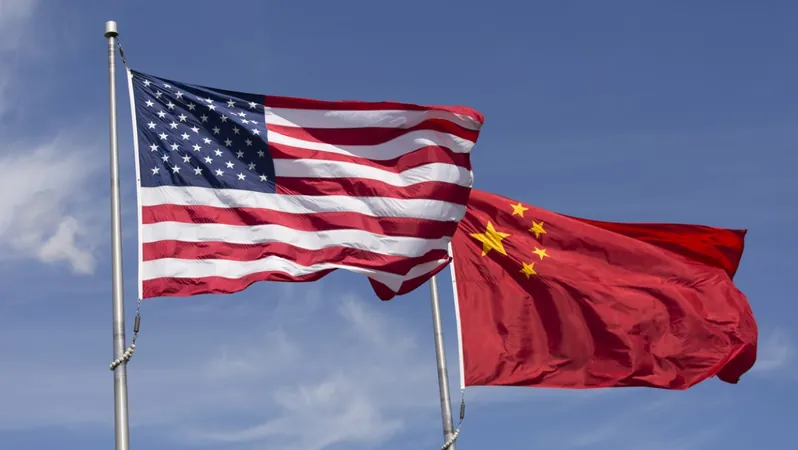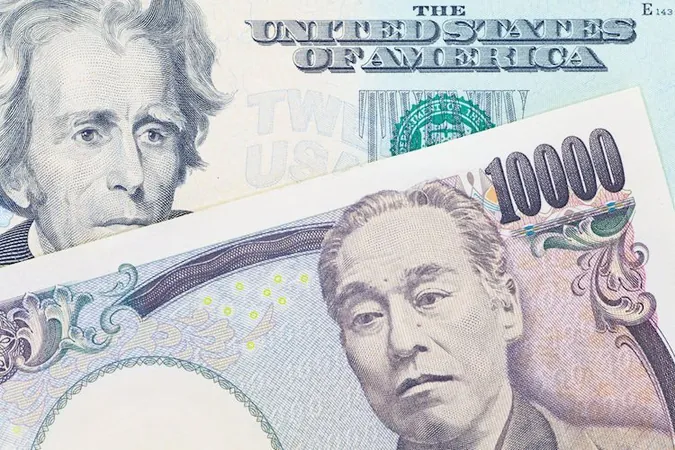
Tensions Rise: China Points Finger at US for Defense Meeting Cancellation
2024-11-21
Author: Siti
BEIJING: In a stark reminder of the escalating tensions between the superpowers, China has placed the blame on the United States for the absence of a meeting between their defense ministers this week. This revelation follows U.S. Defense Secretary Lloyd Austin's comments labeling the situation “unfortunate” as both nations aim to maintain military dialogue amidst rising geopolitical strains.
According to multiple reports, Austin had intended to convene with his Chinese counterpart, Defense Minister Dong Jun, at a regional summit in Laos. This meeting was seen as a crucial step towards sustaining military communication between the two powers. However, sources indicate that China declined this opportunity, which Austin described as “a setback for the whole region.”
In a strongly worded response, a spokesperson for China's defense ministry, Wu Qian, stated, “The responsibility for not holding a meeting ... lies solely with the US side.” Wu emphasized that the U.S. must recognize that support for Taiwan is a significant point of contention that complicates military exchanges.
The Taiwan issue remains a flashpoint in U.S.-China relations. China regards Taiwan as part of its territory and has frequently asserted that it will not hesitate to utilize force to assert its sovereignty over the self-governing island. Recently, tensions heightened after a U.S. arms package worth $2 billion for Taiwan was approved in October, further infuriating Beijing.
China's President Xi Jinping had previously warned outgoing U.S. President Joe Biden during a meeting at the Asia-Pacific Cooperation summit in Peru that the support for Taiwan represents a 'red line that must not be challenged.' This dramatic assertion underscores the seriousness with which China views the Taiwan issue.
With these developments in mind, all eyes will be on the incoming U.S. administration, led by President-elect Donald Trump. During his first term, his administration created significant friction through a trade war with China, and the future of U.S.-China relations hinges on how the new leadership navigates these longstanding tensions.
As military dialogues hang in the balance, could this diplomatic impasse signal a more dangerous phase in U.S.-China relations? Stay tuned as we unravel the unfolding story that could reshape global alliances and stability.





 Brasil (PT)
Brasil (PT)
 Canada (EN)
Canada (EN)
 Chile (ES)
Chile (ES)
 España (ES)
España (ES)
 France (FR)
France (FR)
 Hong Kong (EN)
Hong Kong (EN)
 Italia (IT)
Italia (IT)
 日本 (JA)
日本 (JA)
 Magyarország (HU)
Magyarország (HU)
 Norge (NO)
Norge (NO)
 Polska (PL)
Polska (PL)
 Schweiz (DE)
Schweiz (DE)
 Singapore (EN)
Singapore (EN)
 Sverige (SV)
Sverige (SV)
 Suomi (FI)
Suomi (FI)
 Türkiye (TR)
Türkiye (TR)